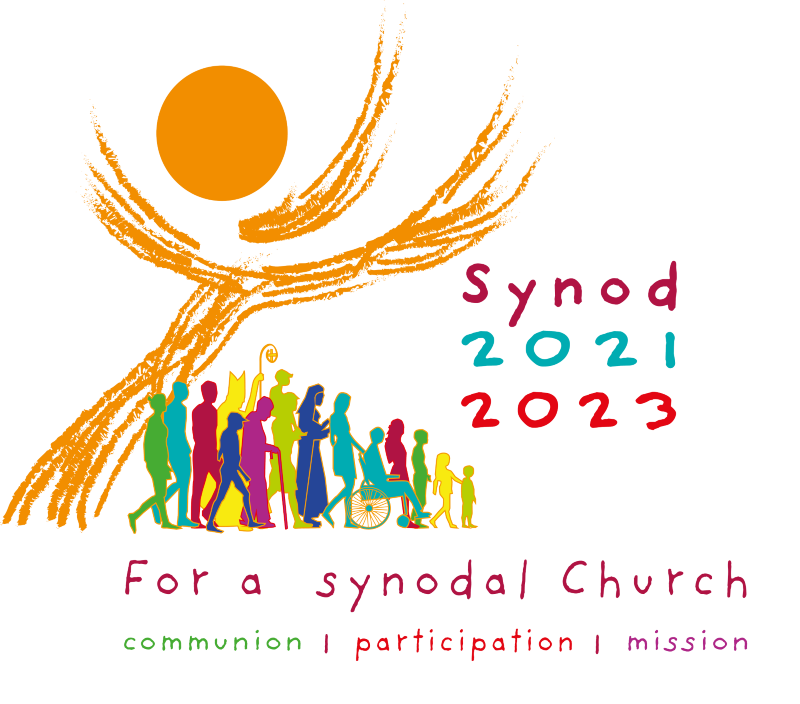Learning from different Christian traditions
Andy Goodliff was invited alongside fellow Baptists to participate in an ecumenical gathering in Durham and listen to how each of our traditions seeks to walk together and make decisions.
He shares this reflection on what Baptists can learn from others

Change is in the air for the Roman Catholic Church. They are currently in a process of exploring what it might mean for the people of God to walk together and gather in assembly. The fancy word is ‘synodality’ (meaning in English ‘journeying together’). This could have huge implications for how the Church listens, learns and makes decisions, with the potential for much wider participation, especially in terms of the contribution and role of women.
I recently attended with a group of Baptists a gathering organised by the Centre for Catholic Studies in Durham which sought to bring Christians from the United Reformed Church, Methodists, Pentecostals, Quakers, Church of England and Baptists together with Roman Catholics to listen to how each of our traditions seeks to walk together and make decisions. This was a recognition from Roman Catholics that the process they are in could be helped and aided by non-Roman Catholics. There is a new ecumenical spirit in the air.
Each denomination presented a paper that set out how they walked together as a Church or churches. There isn’t space to give a full picture, but here are some highlights:
Important in the Church of England is General Synod, with its balance of bishops, clergy and laity. The Methodists gather annually as a Conference for conferring, which flows down to local churches and back again.
URC have both the local church meeting but also a General Assembly which makes decisions. Quakers have local, regional and a Yearly Meeting, where in the context of silent worship, they discern what they believe the Spirit is saying.
The Pentecostals have less formal structures, and a variety of styles, but at the heart is the belief that the Holy Spirit speaks and here the gifts of the Spirit, especially those of the prophetic and discernment, are important.
We Baptists focus our life on the local, with more limited ways that regional or national bodies guide. One of those ways is of course the Ministerial Recognition Rules, which we are looking at currently.
What I found was something of a gift from all six of the traditions, and this was something echoed by others gathered. Each denomination has something important for the other churches to appreciate and each denomination found something wanting in their own tradition. There was also an awareness that the descriptions given were not always matched by the reality.
For we Baptists, our gift is the local church meeting, where at our best there is a space for all to participate in discerning the mind of Christ and where all can contribute to the life of the church. Being church is something understood locally. Mission is something witnessed locally. We promise to walk together and watch over one another.
What I discovered from the other traditions is the importance of having spaces and processes for walking together beyond the local, which involve listening and conferring. Here I believe our current means in Association and in national Assembly and Council are lacking. There is a gap — perhaps even a chasm — for many churches between the local congregation and their Association and the Union. Decision making is restricted to a few — Association Trustees or the national Council.
I appreciated how other traditions saw their Assemblies as focused mainly on shared deliberation in the context of worship. I wonder what it might mean to introduce more silence and waiting, rather than our rush to speak and decide. I welcomed the Pentecostal conviction that learning and discernment is found in encounter with the presence of God.
I wonder whether like our Roman Catholic brothers and sisters, we need to go on our own journey and process of what it might be for us as Baptists to walk together in new ways as congregations in Association and Union. This might mean recovering or learning from old ways. I certainly believe there is more to learn from and receive from other Christians.
I finish with some words from Pope Francis (spoken in 2018) about the process he is encouraging:
We recall that the purpose of Synod is not to produce documents, but to plant dreams, draw forth prophecies and visions, to allow hope to flourish, inspire trust, bind up wounds, weave together relationships, awaken a dawn of hope, learn from one another and create a bright resourcefulness that will enlighten minds, warm hearts, give strength to our hands.
To which we say yes and amen.
And also here’s a prayer being used, which seems apt for our own Union as well:
We stand before You, Holy Spirit,
as we gather together in Your name.
With You alone to guide us,
make Yourself at home in our hearts;
Teach us the way we must go
and how we are to pursue it.
We are weak and sinful;
do not let us promote disorder.
Do not let ignorance lead us down the wrong path
nor partiality influence our actions.
Let us find in You our unity
so that we may journey together to eternal life
and not stray from the way of truth
and what is right.
All this we ask of You,
who are at work in every place and time,
in the communion of the Father and the Son,
forever and ever. Amen.
Andy Goodliff is the minister of Belle Vue Baptist Church, Southend. He is a lecturer in Baptist History at Regent's Park College, Oxford
Do you have a view? Share your thoughts via our letters' page.
Baptist Times, 28/06/2023